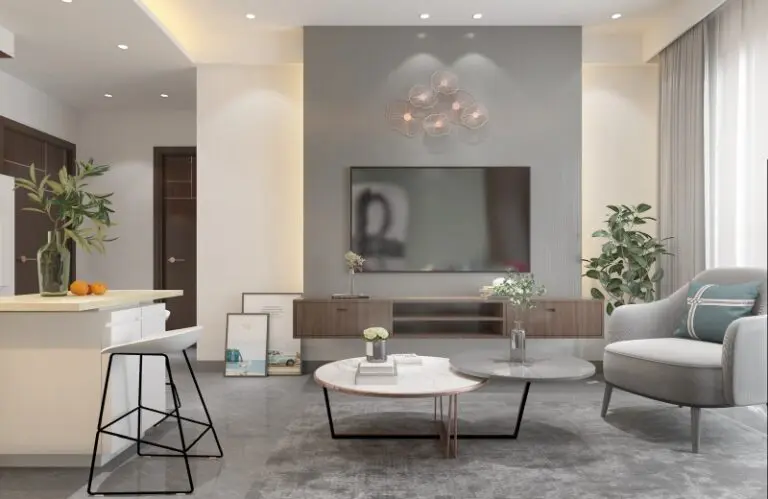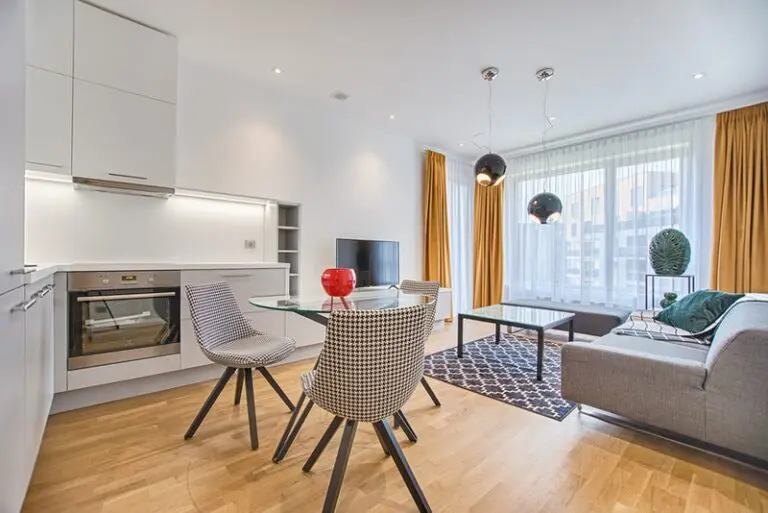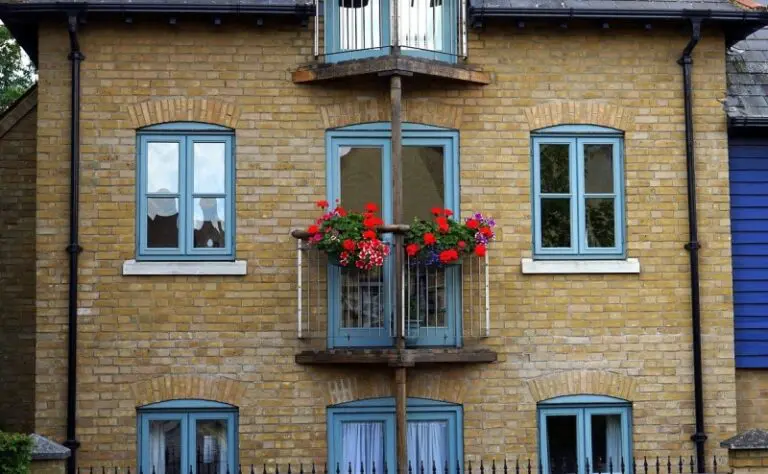There are so many items to think about in your house search journey. It often feels like too much, which makes the decisions even more difficult.
We’ve found three of the top questions home buyers ask themselves about in their house search journey.
Top Choice 1: Size vs Location

It’s always been the biggest trade off that any homeowner has to make. Put simply, homes in better locations are more popular. Because of this, they tend to come in at a higher price.
For new first time buyer homes, properties that are in city centres come with the highest price tag (the biggest example is London but it’s also true for other cities in the UK).
First time buyers traditionally wanted to remain in a central location for their first home purchase. There were a few reasons for this:
Close to Local Services
First time buyers used to be young without children, and normally in their twenties. With these kind of characteristics – people placed more value on having access to amenities and services in the local area (pubs, restaurants, entertainment venues).
But with the average age of a first time buyer increasing each year, people are now also looking at spaces that favour families too.
The Starter Home
‘Starter homes’ were much more common in older generations. It was normal for people to move homes several times in their lifetime.
The first home was to grow up in. The second house move normally came if a couple decided they wanted to have children. And the third move was after the children had grown up and the parents wanted to trade down to something more manageable.
The locations of all of these homes would be different too. The first home would tend to be in a local area that was well known to the buyer, and later house moves being further out.
Shorter Commute For First Home
For many people, the commute remains a necessary evil in holding down a career. And for first time buyers, it’s something that most try to keep as short as possible, even if that means settling with a smaller pad.
For someone who didn’t want to compromise on location (and didn’t have financial support from the bank of mum and dad), the only viable options were either homes in regeneration zones or homes that could be bought through one of the government housing schemes (like help to buy).
Top Choice 2: House Vs Flat

The family debate about “best house type” continues to be a hot topic and is unlikely to disappear anytime soon.
Reasons to Buy a House:
Pros
No Large Service Charge
Most houses don’t require a service charge to be paid (unless you are on a new build estate). You are responsible for the upkeep of your property, with very few mandatory costs to pay to any other party. If you are good at committing to ongoing home improvement then this is a significant cost saver.
You usually own the freehold
Buying a house is more extensive than buying a flat as the purchaser is buying the building and the land that it sits on (known as the freehold). Having the freehold provides reassurance that, when the mortgage is paid, you will continue to have right over the land and your house indefinitely.
This is different to buying a flat, when you normally only have a lease to the property – called a leasehold.
Owning the freehold to a building also gives you additional freedom in conducting certain home renovations without requiring consent from another party. Although renovations in a flat are possible, they often require consent from the owner of the freehold and are subject to other restrictions in the lease.
* The exception to this is some types of new build homes sold as a leasehold to customers that also have service charges.
- Less identical selling competition
Homes can have less identical rivals when it comes to selling. Flats that are part of larger blocks are likely to have others also on sale at the same time, which may reduce your ability to get your target selling price. - More Space
Houses tend to offer more space than flats and also have the health benefit of having a separate front door/ entrance to others, which flats often do not have. This has become a more popular area of discussion in COVID times.
Reasons to Buy a Flat:
Pros
- Less Maintenance
Part of the agreement when purchasing a flat is to continue payment of the service charge each year. This service charge should cover most of the maintenance costs associated with your building (although it is important to inspect your lease agreement for details). This means most of the legwork for maintaining the property will be handled by someone else – one less job to worry about. - Easier to Rent
If circumstances can change in later years, you may decide to rent your property out to a tenant (this would require consent from your mortgage lender). Flats have traditionally appealed to a larger group of renters than houses (as most are located centrally where demand for rentals is higher) and so they can be easier to rent to tenants than a house. - Additional Facilities
Depending on the building the flat is in, there may be other facilities included in the building, such as a lift, concierge or gym. Bear in mind that these additional benefits will be passed on in the form of a higher service charge. - Contact With Neighbours
For some, having neighbours close by is considered high importance. Although this is something can be done when buying any type of property, the nature of having flats in a shared building mean contact with neighbours is more likely.
Our View:
There are valid reasons for buying houses and flats.
There is also no ‘hard and fast’ rule with which type of property is better. A good quality flat can be a dream for some – with most issues solved by other people through the maintenance/service charges. On the other hand, some people crave having a large home and want to have flexibility to modify the structure of their home.
First and foremost, you need to understand
- What kind of person you are (hands on maintenance or leaving things for someone else to fix) and
- How important the size of your home is to you
Top Choice 3. New Build vs Existing Homes

With larger year-on-year housing shortages in the UK, the supply of available housing is declining. New build homes will form a larger part of the housing stock in the years to come.
For some the premium price of a new build is justified. For others however, the negative headlines surrounding the problems on newbuilds continues to be enough to steer them away for the foreseeable future. We note down below the benefits of both:
New Build Properties
Pros
- Never Lived In
This might be a surprise to some, but there are considerable first time buyers that only want a home that is newly constructed purely because no other person has lived in it. - High Quality Interior
New build homes benefit from having a contemporary finish to them. For some, the thought of having to do any repair/renovation work after collecting the keys is a huge headache which is to be avoided. - Energy Efficient
The first few months after buying are never easy financially. Having an energy efficient home will lower heating costs, reducing monthly outgoings. - Building Guarantee
New build homes come with a guarantee provided to the homeowner (typically for 10 years). This can provide peace of mind that some form of protection exists if things were to go wrong further down the line. Guarantees are rarely provided for existing homes. - Government Help Available
Some government schemes are exclusively geared to new build homes, such as the Equity Loan Scheme. This means that, although new build homes may be more expensive, individuals may find that with the help of a scheme they can afford one.
Existing Properties:
Pros
- Quality
In recent years there have been larger question marks over the build quality of new homes. Existing homes that have been standing for a significant amount of time and receive a good survey report are less likely to change dramatically over the mortgage term.
Recent buyers that have moved into new builds have noticed noise travels easily in the home due to the use of plasterboard walls by the developer. Existing homes tend to have more solid walls that reduce noise pollution.
Cheaper
A similar sized existing home will tend to be cheaper than new build homes on the same street. This reflects the higher costs in building a new home, but also a ‘new build premium’ that developers add onto the house price.When it comes to selling the property and moving out, many find out that the new build premium paid as a new build does not hang around for the second sale and are forced to settle with a price lower than expectations.
For those that are constrained by price, an existing home may offer more for your money.
Our View:
No matter what property you buy, there can always be some build quality issues. It’s important to take professional advice from a reputable surveyor to provide you with the information needed to understand any potential problems with a house before proceeding to buy.
For new build properties we also recommend researching the housebuilder online to understand if there have been any recent reports/articles about poor build quality.
Another key tip – watch out for larger property developers trying to secure house sales towards the end of their financial year (most common months are March and December). Some developers are under significant pressure at this time to meet sales targets, and may be trying to rush the completion process to help their company finish off the year with good financial results.
